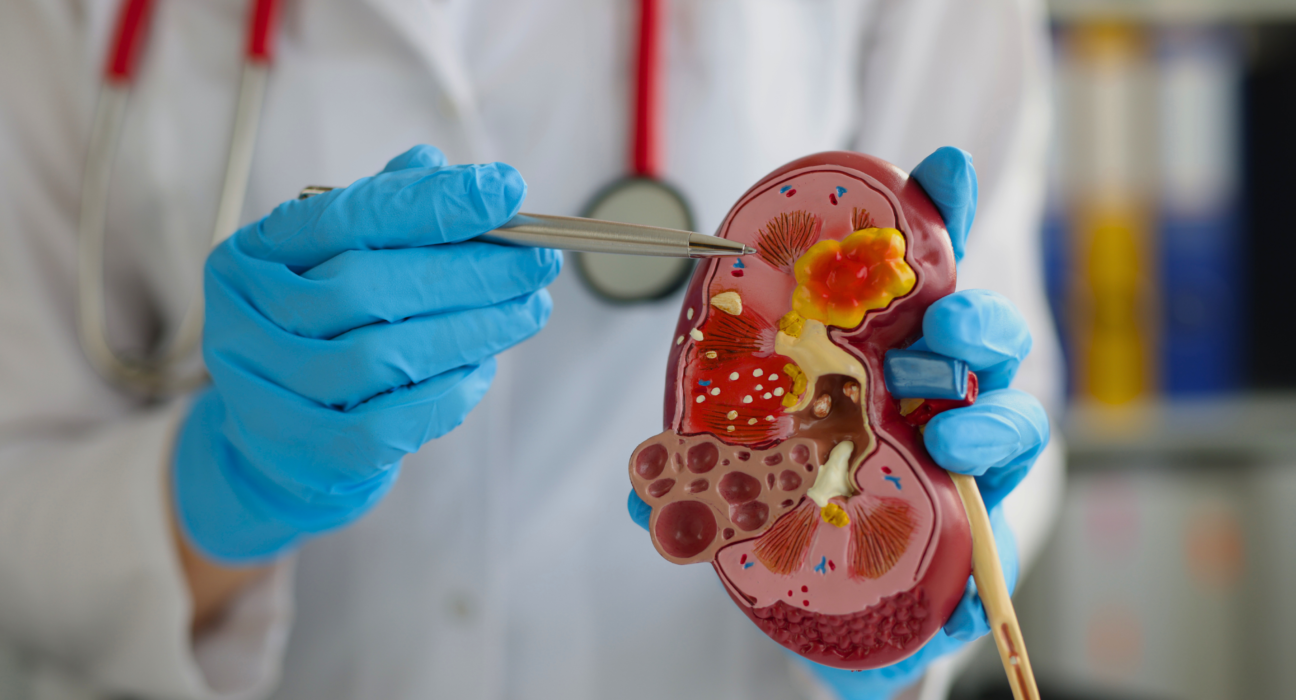By Kristin Josiah
Some kidney stones are relatively benign, passing out of the body without issue, while others can lead to complications such as infections and kidney damage.
In this edition of NCN Health, brought to you with the compliments of GTM Insurance and Essential Care Pharmacy, delves into the topic of kidney stones.
A kidney stone is essentially a hard mass that forms from crystals in the urine.
While some stones remain in the kidney, many travel through the urinary tract.
If a stone is small enough, it may pass through the urinary system unnoticed.
However, larger stones can cause significant pain and may block the flow of urine, leading to harmful backups.
The most common type of kidney stone is calcium oxalate, and there are several risk factors associated with their development.
These include dehydration, high-protein or high-salt diets, a family history of kidney stones, and urinary tract blockages.
Typical symptoms of kidney stones include a constant need to urinate, fever, bloody urine, nausea, vomiting, and pain in the lower back or side.
While some people attempt to treat kidney stones at home using remedies like apple cider vinegar, pomegranate juice, and dandelion tea, these methods lack clinical evidence of effectiveness.
However, there are some proven home remedies that may help.
Drinking plenty of water is essential, as it helps flush the stones through the urinary tract.
It’s also advisable to reduce consumption of other beverages like coffee, tea, alcohol, and soda, which can contribute to dehydration.
Adding lemon juice to water and food may help, as it contains citrate, which can assist in breaking up small kidney stones and preventing new ones from forming.
Additionally, avoiding salty foods and reducing consumption of animal protein can decrease the risk of kidney stone formation.
However, if home remedies aren’t effective or if symptoms are severe, it’s crucial to seek medical attention promptly.
Severe pain, blood in the urine, or difficulty urinating are signs that immediate medical attention is needed.

